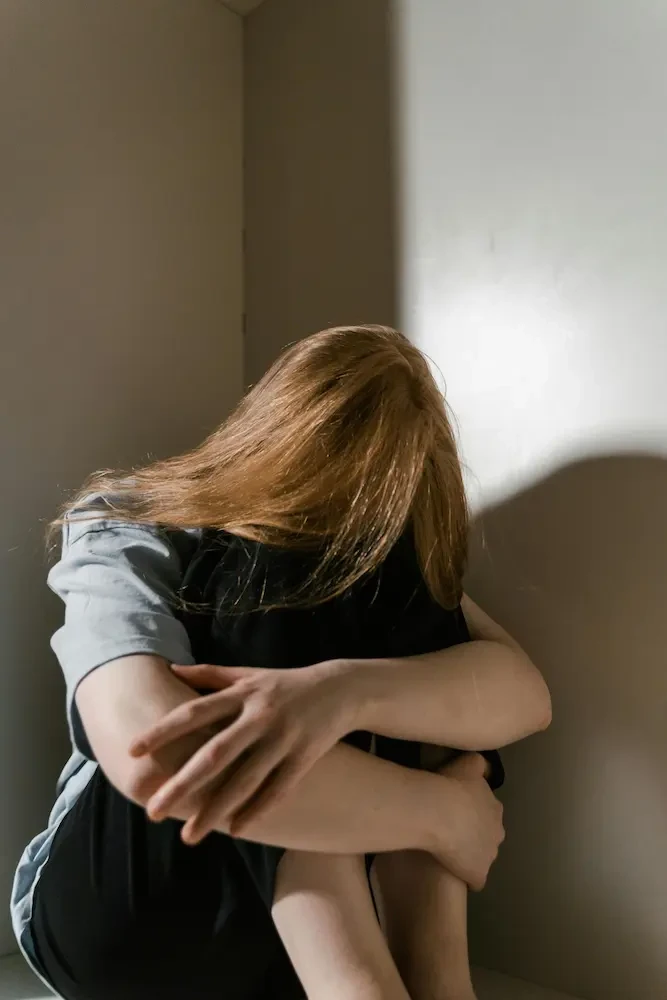Depression: A Guide from a Licensed Therapist
Depression is more than just feeling sad or having a rough day; it’s a serious mental health condition that can affect every aspect of your life. As a licensed therapist, my aim is to help you understand depression, identify its triggers, and provide the therapeutic tools needed to manage and improve your well-being.

What is Depression?
Depression is a mood disorder characterized by persistent feelings of sadness, hopelessness, and a lack of interest or pleasure in daily activities. It can affect your thoughts, behaviors, and even physical health. Depression is not a sign of weakness or something you can simply "snap out of." It requires professional intervention to overcome.
There are different types of depression, including:
Major Depressive Disorder (MDD)
A condition characterized by prolonged periods of sadness and loss of interest in activities.
Persistent Depressive Disorder (PDD)
A chronic form of depression that lasts for at least two years.
Seasonal Affective Disorder (SAD)
Depression related to changes in seasons, often occurring in the winter months.
Postpartum Depression
A type of depression that can affect women after giving birth.

Identifying Depressive Episodes and Symptoms
Recognizing the symptoms of depression is crucial in getting the help you need. Depressive episodes can vary in intensity and duration, but they typically include:
Persistent sadness or a low mood
Loss of interest in activities once enjoyed
Fatigue and lack of energy
Difficulty concentrating or making decisions
Changes in sleep patterns (either too much or too little)
Appetite changes (leading to weight loss or gain)
Feelings of worthlessness or excessive guilt
Thoughts of death or suicide
If you or someone you know is experiencing these symptoms, it’s important to seek professional help. Early intervention can make a significant difference in managing depression.
How Therapy Can Help Manage Depression
Therapy is a highly effective tool for treating depression. As a licensed therapist, I provide evidence-based approaches to help you understand and manage your depression. Some of the ways therapy can help include:
Identifying the root causes: We work together to explore underlying issues that may be contributing to your depression.
Developing coping strategies: Cognitive-behavioral therapy (CBT) is one of the most effective treatments for depression. It focuses on identifying negative thought patterns and replacing them with healthier, more constructive ways of thinking.
Addressing negative behaviors: Therapy can help you recognize behaviors that may be reinforcing your depression, such as social isolation or unhealthy coping mechanisms.
Improving emotional regulation: Through mindfulness and emotional processing techniques, therapy helps you manage difficult emotions in a healthier way.
Building resilience: Therapy equips you with long-term tools to manage depression and prevent future episodes.
Therapy offers a safe, non-judgmental space to explore your feelings and work toward a more positive and fulfilling life.

Take Control of Your Mental Health
If you’re struggling with depression, you don’t have to go through it alone. Therapy provides the support and guidance needed to manage depression and improve your quality of life. As a licensed therapist, I am here to help you navigate through this journey with care and professionalism.
Book a consultation today to take the first step toward overcoming depression. Together, we can work on building the tools you need to lead a happier, more balanced life.
